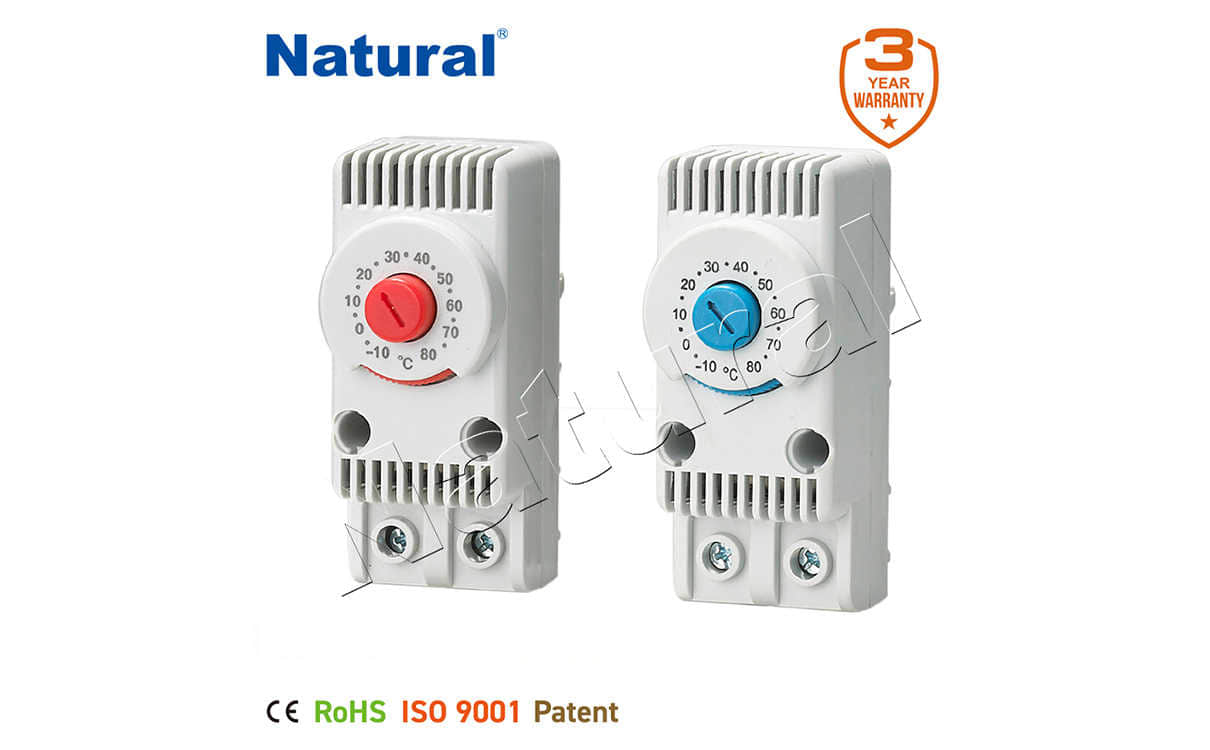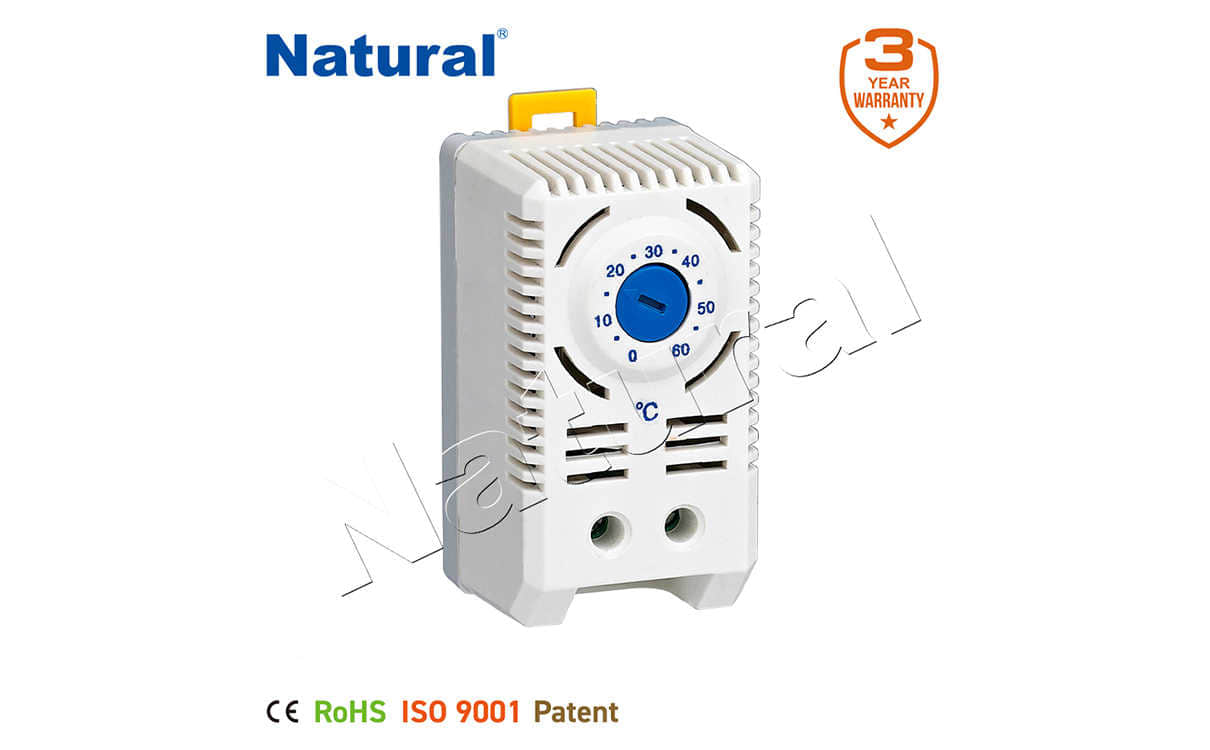 28 items Patent
28 items Patent
 28 items Patent
28 items Patent
 28 items Patent
28 items Patent

In today's rapidly evolving industrial landscape, efficiency and sustainability are paramount. One of the crucial components facilitating this drive towards natural efficiency in various manufacturing and processing environments is the industrial thermostat. These devices, integral to numerous industries, play a pivotal role in ensuring optimal temperature control, leading to enhanced operational efficiency, reduced energy consumption, and minimization of environmental impacts.

An industrial thermostat is designed to regulate temperature in manufacturing processes and equipment. Unlike residential thermostats, which typically manage single-zone heating or cooling systems, industrial thermostats are built for larger, more complex systems. They can control multiple zones, accommodate significant temperature variations, and withstand harsher operating conditions. This robustness makes them indispensable in industries such as food processing, chemical manufacturing, pharmaceuticals, and plastics.
One of the primary benefits of industrial thermostats is their ability to maintain temperature stability. Many industrial processes are highly sensitive to temperature fluctuations. For instance, in the food industry, maintaining the proper temperature is critical to ensuring food safety and quality. Similarly, in chemical manufacturing, precise temperature control can influence reaction rates and product consistency. By utilizing advanced sensors and control algorithms, industrial thermostats can ensure that temperatures remain within the desired thresholds, preventing costly errors and material waste.
